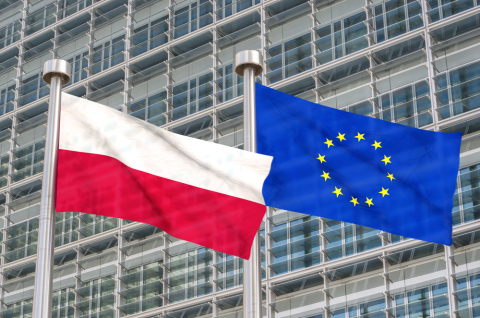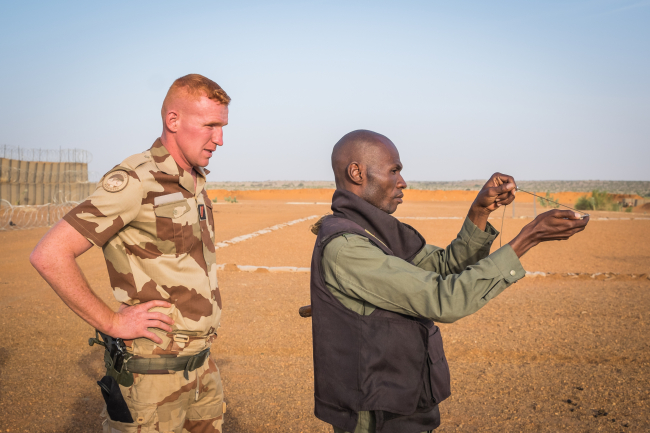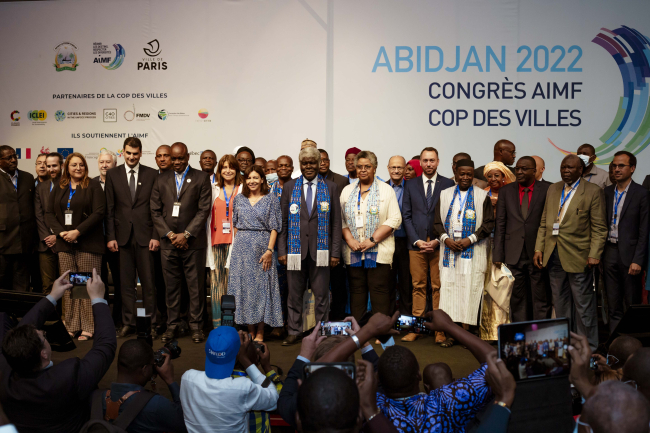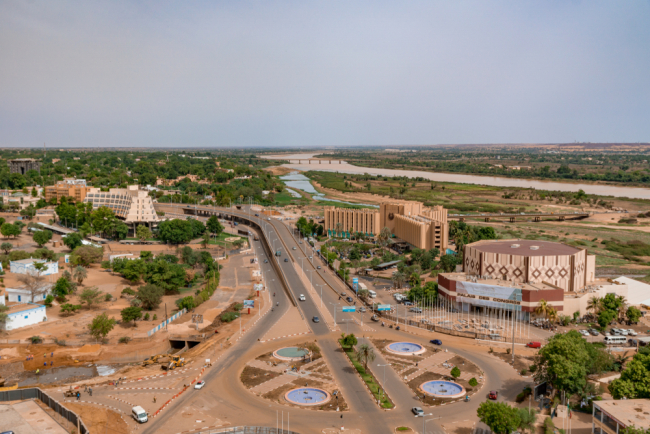Trafficking in the Sahel-Saharan Zone: Features and Stakes

On November 5th 2009, a cocaine-loaded Boeing 727 aircraft arriving from Venezuela was discovered torched and emptied on a makeshift airstrip in the Malian desert (Gao region). The Sahel-Saharan area is clearly a contact zone between very distant worlds.
This paper is published in French only: Pysionomie et enjeux des trafics dans la bande sahélo-saharienne

Available in:
Regions and themes
ISBN / ISSN
Share
Related centers and programs
Discover our other research centers and programsFind out more
Discover all our analysesRebooting Italy's Africa Policy: Making the Mattei Plan Work
Against the backdrop of increasing anti-French rhetoric across parts of Francophone Africa, the relative failure of the counterinsurgency operation in the central Sahel (Operation Barkhane) and diplomatic rifts with several Sahelian countries, Paris has been rethinking its relationship with the continent for several years now. As a former imperial power that has seen its colonial domain in Africa gain independence between 1956 (Morocco-Tunisia) and 1977 (Djibouti), France has invented two successive roles for itself in Africa since 1960, particularly in French-speaking sub-Saharan Africa.
The dilemma of the Franco-African military relationship: reinvent or turn the page?
The origins of military presence and cooperation in Africa can be traced back to the tacit decolonization pact between the countries of French-speaking Africa. This cooperation led to the creation of African armies in the former colonies, as part of a project to prevent the spread of communism and maintain France's influence in the newly independent countries.
The Evolution of City Diplomacy in Africa: Impact, Potential, and Ongoing Challenges of African Cities’ International Activities.
Over the past decades, African cities have ranked among the leading players in the evolution of city diplomacy. Indeed, municipalities across the continent have gone beyond simply adapting to shifting trends in international cooperation. They have been shaping the current partnership approach that sees local authorities worldwide working together to pursue shared goals and address common urban challenges such as climate change, migration, and social justice.
The High Authority for Peacebuilding (HACP) in Niger 2011-2023. Placing the State at the heart of conflict prevention and management.
Like other Sahelian countries, Niger has been affected by terrorism for almost two decades now. This issue has highlighted both the limits of these countries’ security systems and, more profoundly, their inability to offer stability to the populations of certain parts of the country. In a way, these “jihadized insurgencies” are a continuity of groups that regularly take up arms against central states.










